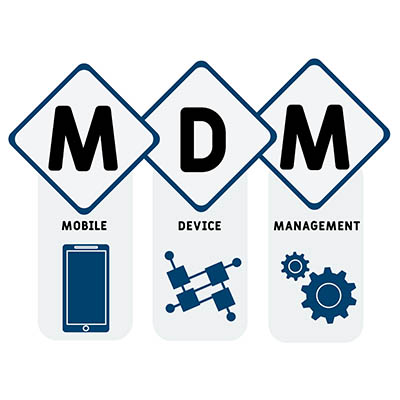Artificial intelligence used to be the work of science fiction, but nowadays it is seen as very real and a possibility for businesses of all types. There are benefits to artificial intelligence, but it could also create problems in the future. Let’s take a look at some of these advantages and disadvantages.
There are generally two approaches to technology maintenance. One of them addresses issues as they appear, and the other involves addressing possible issues before they become operational problems. How does your business go about technology maintenance? If it’s the first, also known as “break-fix” IT, then you are going about things the wrong way and leaving a ton of savings on the table.
No one likes to imagine the worst-case scenario, but as a responsible business owner, you have no choice but to see the bad before the good. After all, the investments that you make in the future of your organization mean nothing if you have no power to preserve it in the event of unfortunate circumstances. Due to the nature of technology, it is an ideal place to start thinking about preventative and proactive measures to keep your future secure.
Authentication is a tricky thing for businesses. While people want to be secure, they also want to make that security as convenient as possible. Developments involving solutions like Windows Hello, a biometrics authentication system used by Microsoft, have been pushing this trend forward. Let’s take a look at Windows Hello and see what kinds of authentication features it brings to the table.
With the news that Android applications will be available on Windows 11, users can expect to find Android apps available for download… with a few terms and conditions to apply. Let’s look at how this integration is poised to be shaped, and why it may not be all that it is cracked up to be.
Technology is one of those parts of your operational infrastructure that plays a massive role, even if you don’t realize it. In fact, you’ve been using all of the standard fare for business technology, such as computers, server units, and networking components for quite some time. All technology must eventually be replaced though, so it’s critical that your company has an established approach to make this happen in the most seamless and least stressful way possible.
All businesses utilize software to a certain extent, but not all companies have the same needs. That being said, there are certain types of software that all businesses can benefit from, regardless of industry or service offerings. We’ve put together a list of business software solutions that companies can utilize to improve operations.
Your mobile device management strategy is going to bleed into every other part of your business, especially in the realms of security and productivity. It is of critical importance that you ensure that your mobile device management platform is working toward your company’s operational goals, but it can be challenging at times to look at this type of technology with its many complications. Let’s dive into what makes for a solid MDM platform.
All businesses rely on email, but we will admit that it’s not the sexiest technology solution out there. It’s more of a necessity rather than something you might get excited about implementing for your company. Still, this does not lessen its importance, so you should give it the same care you would any other aspect of your business’ IT infrastructure.
Businesses depend on their communication infrastructures to work with clients, vendors, and their staff. Depending on the specific needs of the company, a business might implement any number of communication solutions, all of which have various strengths, weaknesses, and uses. We’ll walk you through some of the most common communication solutions, as well as why you might want them for your company.










